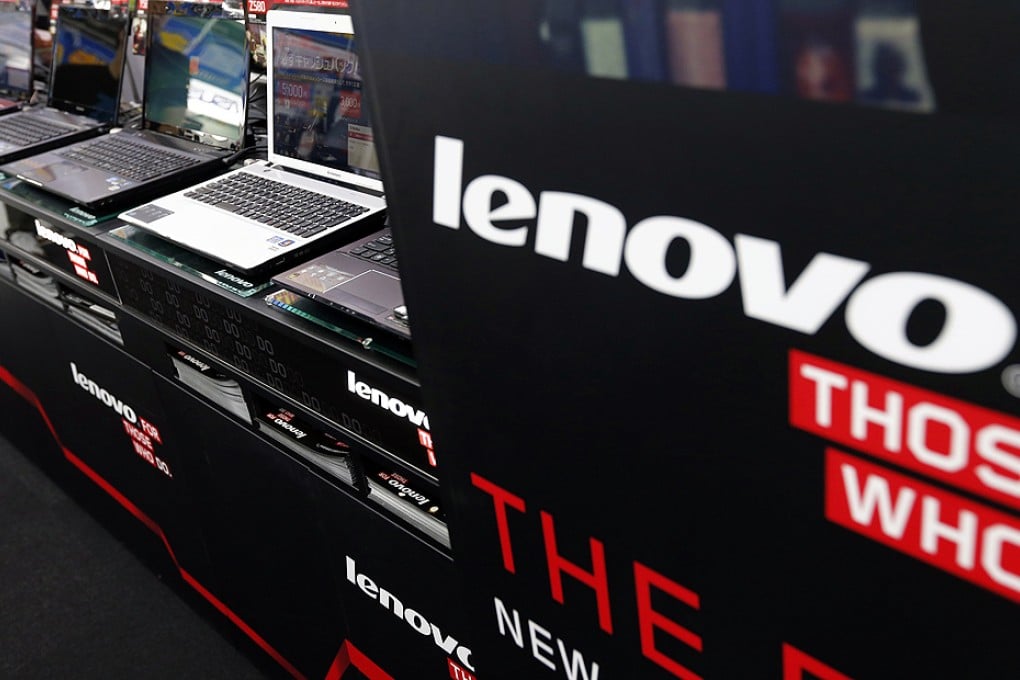Lenovo stops sales of laptops with pre-installed ‘Superfish’ adware after customer uproar
Mainland personal computer giant says it has stopped shipping laptops with controversial Superfish adware and is now offering online support

Mainland computer giant Lenovo has moved to quash a growing controversy over adware pre-installed on millions of its laptops after experts declared it a serious security threat.
Lenovo, the world's largest supplier of personal computers, said it stopped shipping products with the Superfish software last month and was now offering technical support online with step-by-step instructions on how to uninstall it.
The company, which has its headquarters in Beijing and operations in more than 160 countries, vowed not to preload the software on any product in the future. "We know that users reacted to this issue with concern, and so we have taken direct action to stop shipping any products with this software," it said.
"We will continue to review what we do and how we do it in order to ensure we put our user needs, experience and priorities first."
The Superfish visual discovery adware pushes third-party advertisements into Google searches and websites without the computer user's permission.
The technology was adopted by Lenovo under a partnership with a US-based software start-up, Superfish, that pioneered visual search technology.